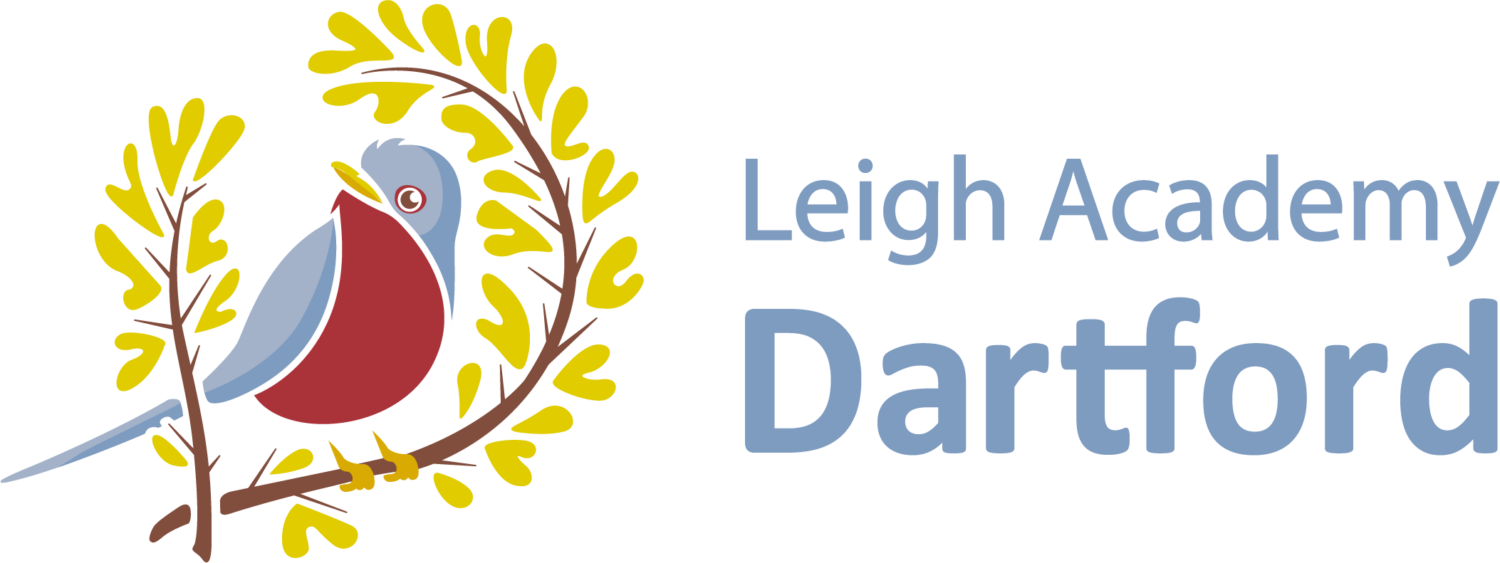At Leigh Academy Dartford, the safety and welfare of our children is at the heart of everything we do.
Our core safeguarding team consists of:
- Jenni Haywood – Designated Safeguarding Lead, Deputy Principal and SENCo
- Declan Filsell – Deputy Designated Safeguarding Lead, Vice Principal, SENCo, teacher in charge of looked after children and those with medical conditions
- Helen Day – Deputy Designated Safeguarding Lead and Parent Support Advisor
- Anna Reid – Deputy Designated Safeguarding Lead and Family Liaison Officer
We are here to support the whole Leigh Academy Dartford community in any way we can, so please do not hesitate to contact the safeguarding team via safeguarding.dpa@dartford.latrust.org.uk. We will endeavour to respond to you as quickly as we can during school hours. Please note, this email inbox is not checked regularly during the school holidays.
Safeguarding and Mental Health Websites/Links
- NSPCC
- NHS
- Young Minds
- ChildLine
- Kooth – mental health and wellbeing
Online Safety
- CEOP Safety Centre
- ChildLine Online Safety – Report Remove
- ThinkUKnow – Ask the awkward
- ThinkUKnow
- GOV.UK – Internet Safety
- Parent Zone
- Childnet
Concerned About Radicalisation
Please click on the links below for guidance and information:
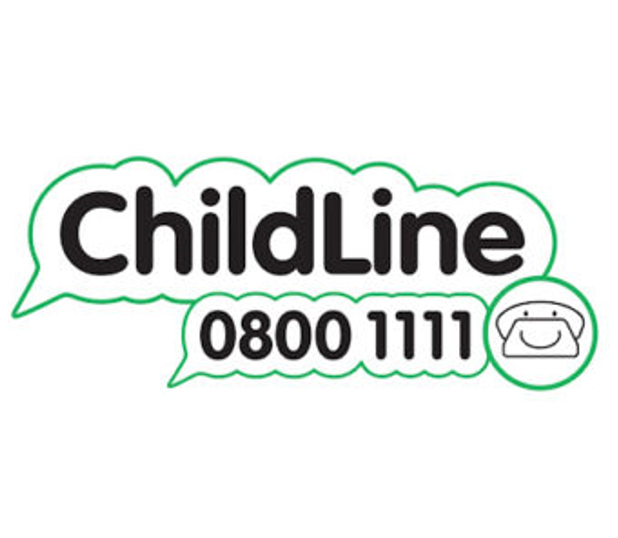
ChildLine
24/7 support and counselling for children and young people
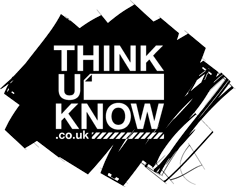
ThinkUKnow
Mental Health support and resources for suicidal thoughts
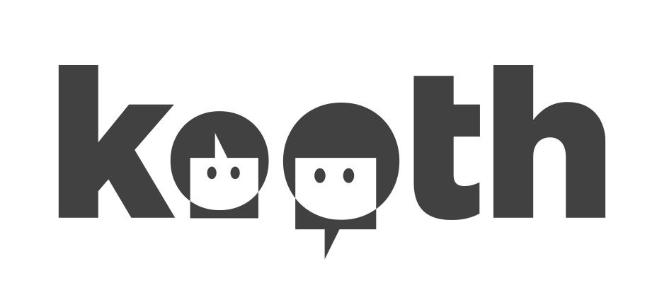
Kooth
Online Mental Wellbeing community for children and young adults

Mind
Mental Health support and resources for suicidal thoughts
Online Safety
At Leigh Academy Dartford we understand that today’s children and young people are growing up in a digital world. It is a wonderful learning tool that supports their learning to become more knowledgeable. As they grow older, it is crucial that they learn to balance the benefits offered by technology with a critical awareness of their own and other’s online behaviour, and develop effective strategies for staying safe and making a positive contribution online. We strive to ensure our pupils at LAD are principled people on and offline.
Leigh Academy Dartford has successfully completed a comprehensive online safety training programme demonstrating its commitment to keeping children and young people safe online.
We proudly announce that our academy has successfully achieved accreditation for our comprehensive commitment to promoting and teaching online safety. This accreditation reflects our dedication to ensuring that all aspects of online safety are embedded across our curriculum, staff training, leadership, and community engagement.
As part of the LAT Online Safety programme, our academy has demonstrated compliance with key requirements, including:
- Staff Training: All staff members have completed tailored online safety training, with additional, role-specific training provided for Designated Safeguarding Leads, principals, and governors.
- Curriculum Integration: Online safety education is systematically mapped across all year groups, meeting legal requirements. We actively promote digital citizenship through annual events such as Safer Internet Day and Digital Citizenship Week.
- Leadership and Technical Oversight: A 360-degree review of our online safety provision ensures continuous improvement. Online safety is embedded in safeguarding governance, monthly technical filter checks, and regular incident reviews using Safeguarding Lenz.
- Parental Engagement: We maintain a strong partnership with parents, offering resources, communication, and face-to-face workshops focused on online safety. We also gather parental feedback to inform our practices and priorities.
This accreditation is underpinned by robust tracking and monitoring, ensuring all required activities and standards are consistently met.
Our academy remains committed to fostering a safe and empowering digital environment for all members of our community. Together, we strive to build a culture of awareness, respect, and responsibility in the digital world.
For further information and resources, please visit the CEOP website or explore the safeguarding section of our website.
- Share Aware – It can be hard to keep track of what your child is doing on social networks, apps and games. Or know how to keep them safe. Together we’re helping parents untangle the web. And teach their children to be Share Aware. Because, just like in real life, kids need your help to stay safe online.
- Think U Know – Think-U-Know is the education programme from NCA-CEOP, a UK organisation which protects children both online and offline.
- Childnet: Childnet International is a non-profit organisation working in partnership with others around the world to help make the internet a great and safe place for children. The Childnet website hosts all the online resources detailed below, as well as a number of recommended resources for young people, parents, carers and teachers.
- Childnet Parent and Carer Resources: On our website you can access resources on a range of topics, including our previously branded Know IT All for Parents interactive guide. The Parents and Carers area also contains key advice, information on reporting and detailed information on a range of online safety topics in the Hot Topics section.
- UK Safer Internet Centre: Childnet is part of the European Commission appointed UK Safer Internet Centre. Together with partners the Internet Watch Foundation and the South West Grid for Learning, we raise awareness about internet safety, develop information materials and resources and organise high profile events such as Safer Internet Day.
- ChildLine’s Report Remove: Report Remove is to help young people under 18 in the UK to confidentially report sexual images and videos of themselves and remove them from the internet.
- Talking Points. Talking to your child – openly, and regularly – is the best way to help keep them safe online.
Parental Controls and Filtering
- A Parents’ Guide to Technology: The UK Safer Internet Centre has created this guide to answer commonly asked questions and introduce some of the most popular devices used by children, highlighting the safety tools available and empowering parents with the knowledge they need to support their children to use these technologies safely and responsibly.
- Internet Parental Controls: The four big internet providers – BT, Sky, Talk Talk and Virgin Media – provide their customers with free parental controls that can be activated at any time. Video tutorials on how to download and use these controls are available on the UK Safer Internet Centre website.
Computer Protection and Security
- Get Safe Online: A government website which focuses on online computer security and protection issues. It contains advice about firewalls, spyware and antivirus protection as well as how to protect children online.
- LAD recommends that pupils avoid using all social networking sites and tools until they are of an appropriate age to do so. If parents/families allow the use of such sites then they are strongly advised to use nicknames and avatars when using social networking sites, blogs, Wikis, instant messengers etc. Avatars and nicknames help give pupil’s a ‘hidden’ identity on the internet rather than encouraging them to upload photographs of themselves.
- SWGfL Social Media Checklists up to date and free to download guides on social media sites including TikTok and Roblox.
- With DoppelMe you can create a cool graphical likeness of yourself, your friends, family or any group of people for use as an avatar in forums, instant messenger, blogs and almost anywhere else on the web.
- Facebook Family Safety Centre: Provides useful information and tips for parents and carers, teens and educators. These pages do not require a Facebook account in order to view them.
- Google+ Safety Centre: Provides useful information and tips for parents and carers, teens and educators. These pages do not require a Google account in order to view them.
- Twitter Help Centre – Tips for Parents: Provides useful information and tips for parents and carers. These pages do not require a Twitter account in order to view them.
- Get it Right from a Genuine Site: We’re here to help you get the music, TV, films, games, books, newspapers, magazines and sport that you love from genuine services and support UK creativity.
Reporting Your Concerns
ChildLine: ChildLine is a private and confidential service for children and young people up to the age of nineteen. You can contact a ChildLine counsellor about anything – no problem is too big or too small. Call free on 0800 1111, have a 1-2-1 chat online or send an email.
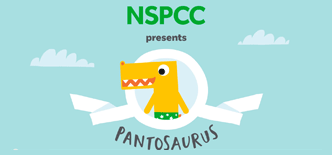 Let’s talk PANTS!
Let’s talk PANTS!
Talking PANTS teaches children important messages, like their body belongs to them and they should tell an adult if they’re upset or worried.
Get together and singalong with Pantosaurus to get the conversation started and download our PANTS guides for more support.
Learn what each letter of PANTS stands for.
- Pants are private
- Always remember your body belongs to you
- No means no
- Talk about secrets that upset you
For further guidance and ideas of how to start these conversations please see the link below for a Parents Guide.
Operation Encompass
Operation Encompass is a national scheme that operates jointly between schools and all police forces. Operation Encompass means that our academy will be told, prior to the start of the next school day, when police have attended an incident of domestic abuse where there is a child or young person who attends our academy who is related to any of those involved in the incident.
We have ensured that a member of our staff, (Designated Safeguarding Lead) known as a Key Adult, has been trained about Operation Encompass procedures. This allows us to use the information that has been confidentially shared with us by the police, to understand how a child may be impacted by domestic abuse and to then offer support to the children in our care.
Preventative Education: Safeguarding in the Curriculum
Please view our dedicated page for Safeguarding in the Curriculum at LAD using the button below.
Worried About a Child?
At any time, if you’re worried a child is in immediate danger you can call the police on 999 or the NSPCC hotline on 0808 800 5000.
If you want to record less immediate concerns about a child you can ring the NSPCC hotline on 0808 800 5000 or complete their online reporting form.
Alternatively, you can contact Kent’s children services team on 03000 41 11 11 (text relay 18001 03000 41 11 11) or email social.services@kent.gov.uk. Out of hours and in an emergency call 03000 41 91 91.
Reporting your concerns could provide the missing piece of information that is needed to keep a child safe.
The NSPCC is working with the Department of Education to provide a bespoke helpline for children and young people who have experienced abuse at school, and for worried adults and professionals that need support and guidance.
If you are concerned about something, you can contact the NSPCC helpline Report Abuse in Education on 0800 136 663 or email help@nspcc.org.uk.
For the most up-to-date versions of our safeguarding protocols, please see our policies page.


